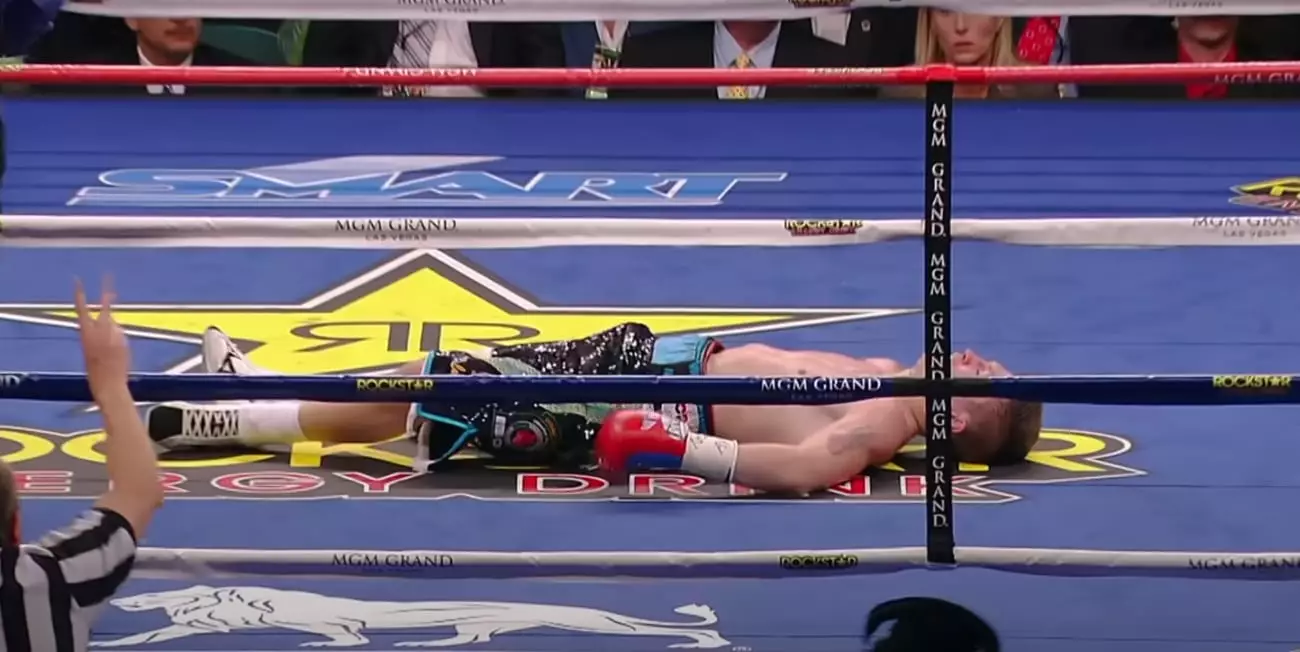Ricky Hatton, a name synonymous with British boxing, recently shared his thoughts on Manny Pacquiao’s upcoming comeback against WBC welterweight champion Mario Barrios. Hatton, who battled Pacquiao in a high-stakes match back in 2009, candidly expressed skepticism about Pacquiao’s chances in this fight. At 46, and having tasted the bitter consequences of being knocked out by Pacquiao himself, Hatton’s insights carry a weight that resonates deeply, especially for fans who celebrated his own illustrious career. The brutal nature of boxing leaves an indelible mark, and Hatton’s apprehension about witnessing another potential tragedy in the ring underlines the inherent risks involved in comebacks, particularly for fighters who have seen their prime years pass.
The Shadow of Past Defeats
Hatton’s vulnerability is a stark reminder of the mental hurdles faced by athletes who, despite their physical prowess, grapple with severe emotional turmoil. Following his loss to Pacquiao, he fell into a dark abyss that included strained family relationships and a destructive lifestyle characterized by heavy drinking and substance misuse. In speaking candidly about these struggles, Hatton unveils the often-hidden emotional scars of competitive sports, particularly in boxing, where the stakes are not only high in the ring but can lead to spiraling mental health issues outside it.
His acknowledgment of nearly taking his own life is powerful, revealing that the bravado displayed by champions can often conceal deep-seated pain and despair. Many athletes, Hatton among them, suffer in silence, wrestling with their demons while putting on a brave face for fans and media. This raw honesty serves as a reminder of the fragile mental well-being of even the most celebrated sports figures.
Transforming Pain into Purpose
From the depths of desolation, Hatton has emerged as a beacon of hope for others navigating similar struggles. As an ambassador for mental health, he utilizes his platform to raise awareness about the importance of seeking help and breaking the stigma surrounding mental health issues in sports. Inspired by his own experiences, Hatton speaks out to ensure that the hard-won lessons of resilience are passed on to younger generations of fighters and fans alike.
It’s crucial to cultivate an environment where athletes can openly discuss their mental health without fear of judgment. Just like heavyweight champion Tyson Fury, Hatton champions the dialogue around mental health, encouraging those who feel isolated in their suffering to reach out for support. His journey serves not merely as a cautionary tale but rather as a testament to the possibility of redemption and recovery, demonstrating that vulnerability can transform into strength.
The Fight Beyond the Ring
Hatton’s insights transcend the realm of boxing; they touch upon a universal truth about human resilience. While he may have faced a devastating loss in the ring, his true victory lies in his ability to confront and overcome his personal battles. Every jab he took from life post-retirement has added another layer to his character, making him not just a champion in sport but also in life. His advocacy stands as a rallying cry for those grappling with their own challenges, reinforcing the idea that it’s not just the wins that define a champion, but how one rises from defeat. Hatton’s fight continues, inspiring many and reinforcing the idea that there is always a path forward, even when things seem darkest.

